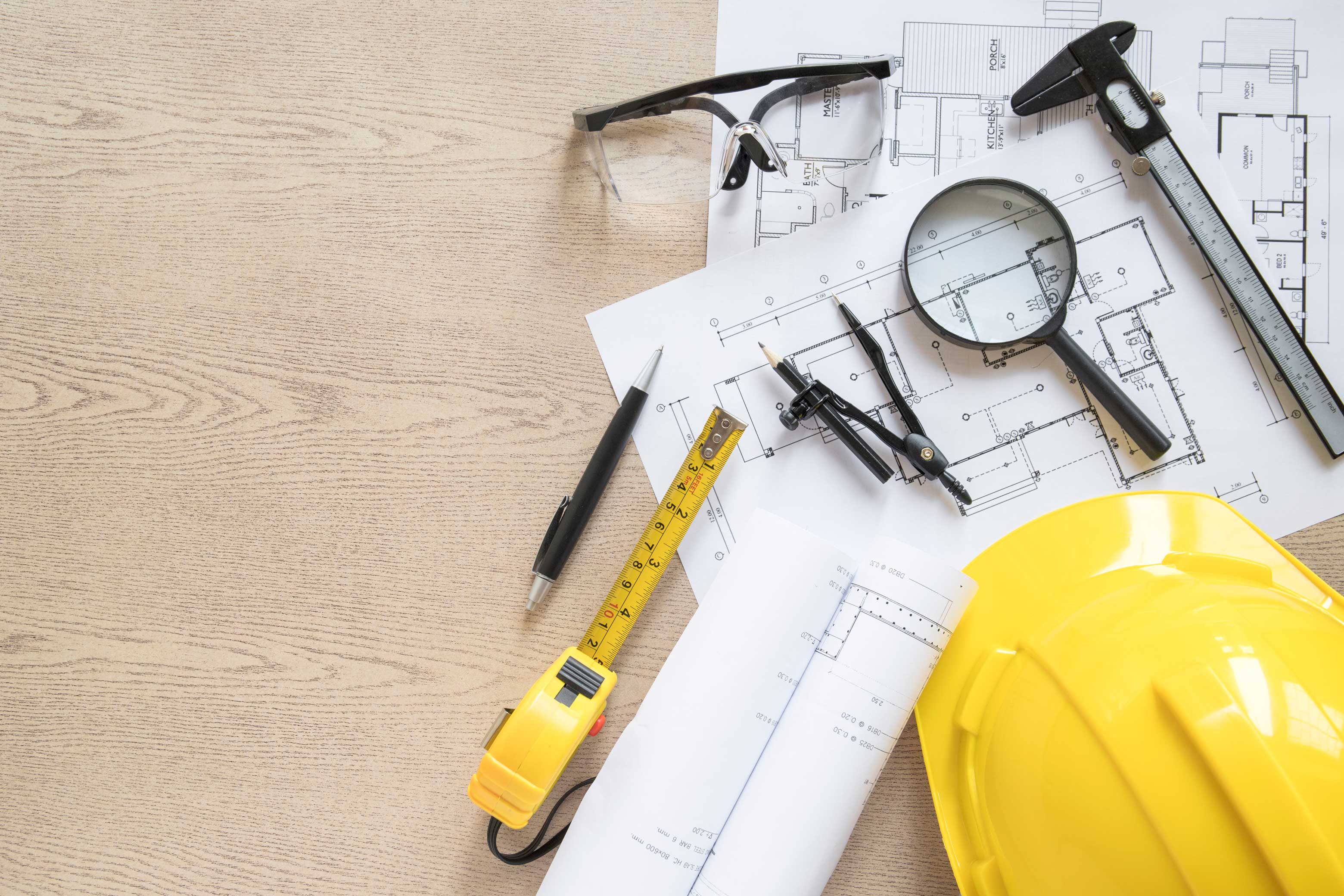
In the complex world of construction, effective project management is the linchpin that holds everything together. Construction Project Management (CPM) is a specialized field that involves overseeing all aspects of a building project from inception to completion. Let's delve into why CPM is crucial for successful construction endeavors.
At the heart of CPM is meticulous planning. Project managers develop detailed blueprints for every phase of construction, including:
This comprehensive planning sets the stage for smooth execution and helps anticipate potential challenges before they arise.
Construction projects involve numerous stakeholders, from architects and engineers to contractors and suppliers. A project manager serves as the central point of communication, ensuring that:
This coordination is vital for maintaining project momentum and avoiding costly misunderstandings.
One of the most critical aspects of CPM is keeping the project within budget. Project managers achieve this by:
Effective budget management ensures that the project remains financially viable from start to finish.
Maintaining high standards of quality is paramount in construction. Project managers implement quality control measures such as:
These measures help prevent defects, ensure safety, and deliver a final product that meets or exceeds expectations.
Construction projects are inherently risky endeavors. Project managers are trained to:
This focus on risk management helps keep projects on track even when faced with unexpected challenges.
Keeping a construction project on schedule is a complex task that requires balancing numerous interdependent activities. Project managers use techniques like:
Effective time management ensures that projects are completed on schedule, avoiding costly overruns and disappointed stakeholders.
In conclusion, Construction Project Management is not just an add-on to construction projects—it's an essential component that can make the difference between success and failure. By providing comprehensive planning, coordination, budget management, quality control, risk management, and time management, CPM brings order to the chaos of construction and delivers projects that meet client expectations in terms of quality, time, and budget. For any significant construction endeavor, investing in professional project management is not just advisable—it's imperative.